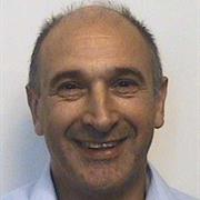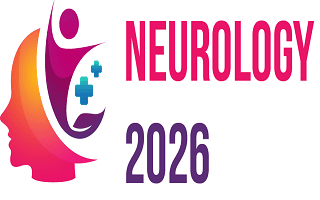4th International Conference on
Neurology & Neurological Disorders
October 15-16, 2026 | Paris, France

Address: Zone Hoteliere 2 Allee Du Verger Roissy En France, 95700, Paris, France
Neurology 2026

University of Sussex, UK
Abstract:
Alzheimer’s disease (AD) is not a normal part of aging, but nonetheless it represents 50-75% of all cases of dementia. AD is an irreversible neurodegenerative process that disrupts memory, cognition, personality, and other brain functions, which eventually leads to premature death. With 50 million current cases globally, it costs the economy around one trillion pounds. However, this figure expected to triple by 2050. The treatment for AD is currently limited, and often for many patients unsuitable. Therefore, there is an urgent need to develop therapies that are able to slow the progression of AD in the wider population of such patients. Recently, we have shown that LA1011 can improve the prognosis of AD in the APPxPS1 AD mouse model. We have shown that LA1011 acts as an allosteric activator of the ATPase activity of Hsp90, by binding to its C-terminal domain. Our current hypothesis is that LA1011 disrupts the association of Hsp90 and FKBP51, a peptidyl-propyl isomerase that is involved in the cis-trans isomerization of proline residues in tau. Potentially, disruption of the Hsp90-FKBP51 complex could downregulate the phosphorylation of tau, leading to a decrease in its hyperphosphorylation and the formation of toxic neurofibrillary tangles (NFTs). However, LA1011 may also alter interaction between Hsp90 and other Hsp90 cochaperones, which may in turn impact on AD. Our investigations show that LA1011 is in fact a global modulator of Hsp90-cochaperone function, thus potentially altering the proteostasis mechanisms controlling the state of tau so that it favors tau stability. Furthermore, our findings raise important questions on whether other C-terminal Hsp90-binding molecules have similar effects and what implications this has on other diseases, such as cancer, in which Hsp90 plays a role.
Biography:
Chrisostomos Prodromou is a researcher at the Department of Biochemistry and Biomedicine, University of Sussex, UK. His work focuses on molecular biology, protein function, and cellular mechanisms, contributing significantly to biomedical research and advancing understanding in the field of biochemistry.
